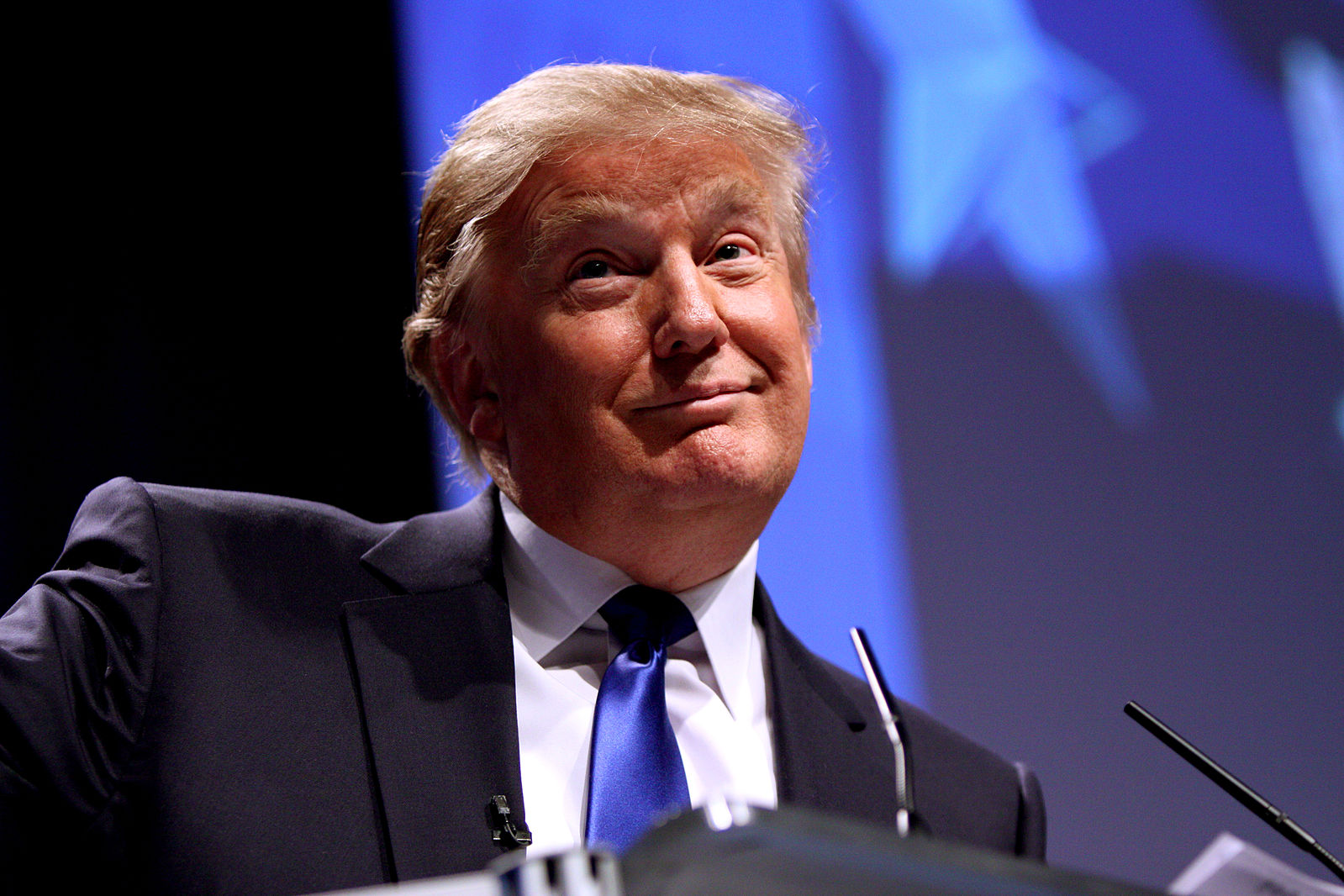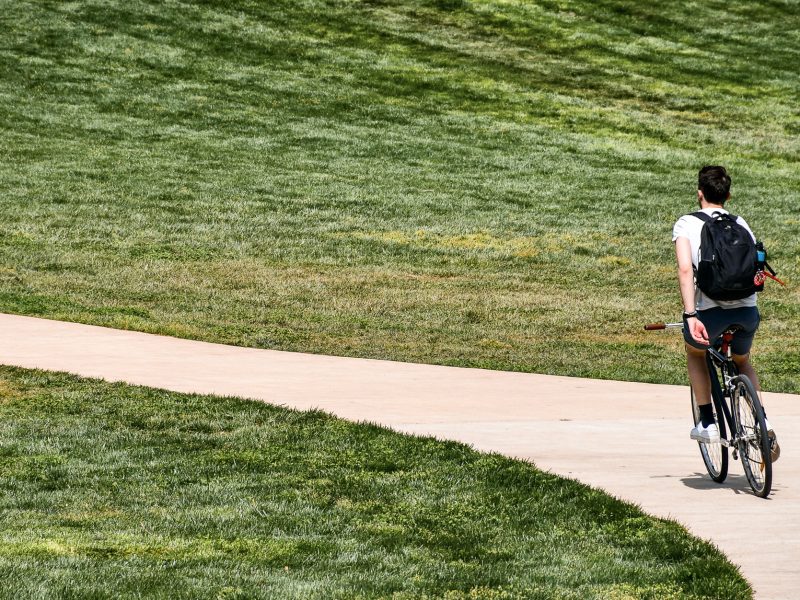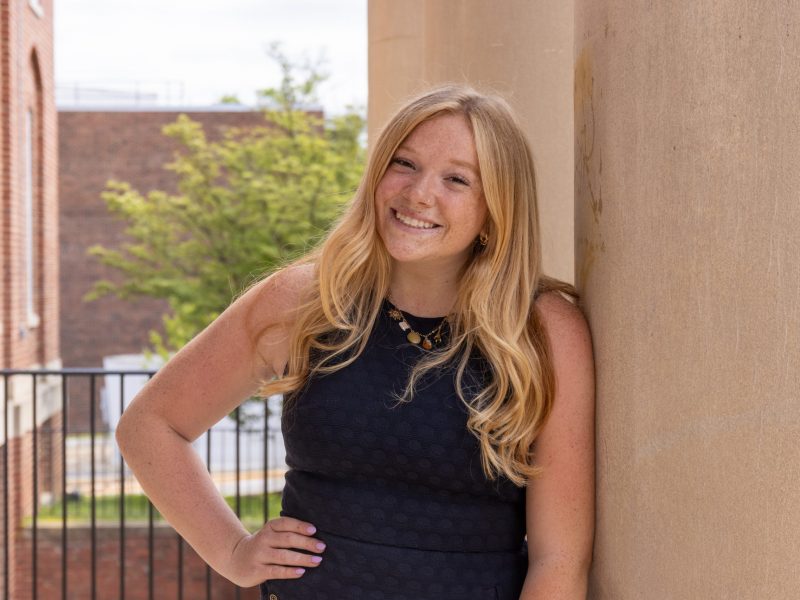A May University of Maryland Critical Issues Poll shows that Americans largely support the appointment of a special counsel to investigate Russian meddling in the 2016 election, and that Republican support for President Trump is waning, while views on Muslims have grown more positive.
The poll surveyed 2,616 people between May 19 and May 22. According to the data, 74 percent of Americans approve of the Justice Department’s appointment of former FBI Director Robert Mueller as special counsel, including 62 percent of Republicans, 87 percent of Democrats and 80 percent of Independents.
Pollsters are accustomed to seeing a greater partisan divide on issues like that, as they did with the firing of former FBI Director James Comey: only 40 percent of Americans agreed with that decision. Republicans, at 76 percent, largely approved. A sparse 8 percent of Democrats said the same.
“More Republicans seem to be buying the idea that there was some Russian interference and potentially that something may have gone on within the Trump campaign.” said Professor Stella Rouse, associate director of the Critical Issues Poll. “It’s certainly a crack in the armor of partisanship. They’re viewing some of this stuff a little more objectively.”
The University of Maryland Critical Issues Poll explores public sentiment on domestic and international issues that are pertinent to American policy discussions. According to the group’s mission statement, their intention is to “probe those issues in a timely fashion in order to engage ongoing policy debates.” The program conducts about five polls a year, said Shibley Telhami, the program director and Anwar Sadat Professor for Peace and Development at this university.
This university’s College Republicans President Steven Clark said he was concerned about Russian meddling, much like the majority of Republicans in the poll. While he stressed that there is no evidence of collusion between the Trump campaign and Russian actors, given the tension in Washington, a special counsel was warranted.
“Russian interference in our election is very troubling,” Clark said. “We support the special counsel investigations and would encourage President Trump to let the investigation play out.”
The polling data indicates that Democrats and Republicans might be more willing to work together on the issue of Russian collusion, said UMD College Democrats President Jake Polce. Still, he said, Republicans aren’t doing enough.
“It’s pretty clear that if Hillary Clinton was president and we saw these same sort of ties between her and Russian officials, the Republican Congress would have already impeached her by now,” Polce said.
Other findings in the poll indicate that Trump’s support may be slipping among Republicans, Telhami said. Only 63 percent of Republicans were unconcerned by Trump’s dissemination of information. This is well below the 80 percent or higher support Trump typically receives from Republicans on controversial matters.
Former Terps for Trump President Matt Morris, however, said he thinks Trump’s sharing of classified information was likely justified.
“As the president, he is the one ultimately responsible for determining classification of material and who it is able to be disseminated to,” Morris said. “If he found it necessary to share any type of data with Russian diplomats, then he probably had a reason for it.”
The poll also found that American views of Muslims have improved in every poll conducted over the past year, Telhami said. In November 2015, 53 percent of Americans had a favorable view of Muslims. That increased to 71 percent by April 2017.
“Because Trump adopted this rhetoric that people interpreted to be anti-Muslim, everyone who disagreed with him, particularly Democrats and Independents, went to compensate on the other side,” Telhami said. “A lot of the opinion change happened with Democrats and Independents in a way that swayed the majority of the public.”
For Polce, those findings have been reflected on campus by the marches and rallies in support of minority students.
“What I think is important to remember when the president’s rhetoric turns nasty, hateful or xenophobic, is that this isn’t the majority’s politics,” Polce said. “He lost the popular vote.”
But for those who support Trump’s agenda, the problem isn’t that the rhetoric is hateful, but instead that the president’s message is misinterpreted, Morris said.
“I think that is what the left has been very effective at,” Morris said. “Framing it not as a foreign policy, a security issue, but framing it as an Islamophobia issue with Trump and his supporters.”
Morris said that there are ways to address this, but most solutions involve a dialogue approach on the campus and the College Republicans and College Democrats aren’t the groups he’d be looking to approach.
“The ProtectUMD coalition and some of the people who have been taken aback by some of the things Trump has done or said, I think that’s more of who we want to reach out to,” Morris said.
But motivating Trump supporters to reach out, as well as getting Trump opponents to listen, remains difficult due to the polarization that occurs as a result of the media, Morris said. “It seems like a losing battle to fight.”
The role the media plays in creating echo chambers among both left and right wing students needs to be addressed first, said Michael Brennan, a junior government and politics major and president of Our Revolution.
“As the internet becomes the standard for where we get our news, rather than television, we need to figure out how to get political information most effectively, and not just the things we agree with,” Brennan said. “There needs to be a real conversation about it, but the problem is I don’t see that happening.”
Respondents for the May poll were taken from Nielsen Scarborough’s probability-based national panel. Responses were weighted by age, gender, income, education, race, geographic region and partisan identification using benchmarks from the U.S. Census. The margin of error is 2.08 percent. Full data from the poll can be viewed here.



